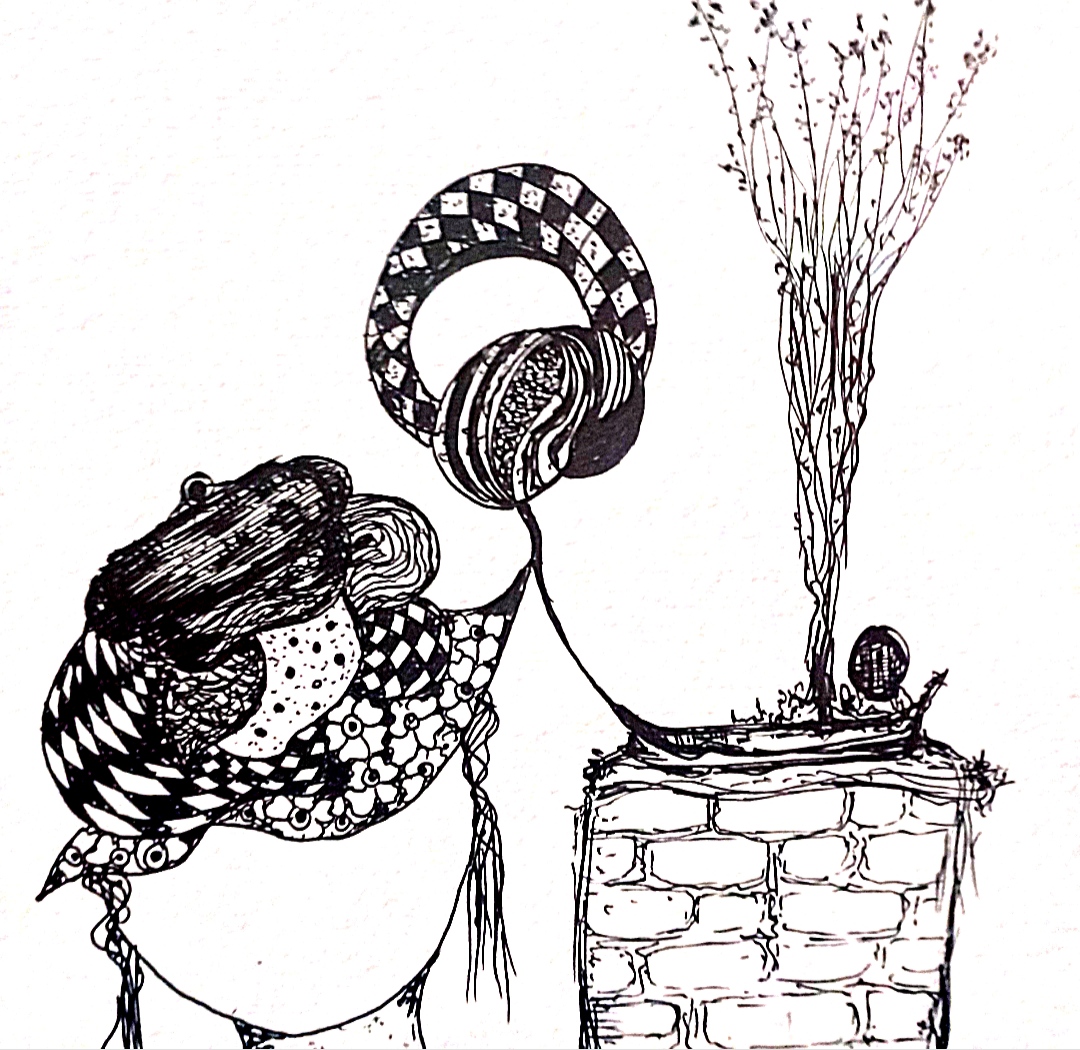
Our Masters

Hyakunin Isshu
Ogura Hyakunin Isshu, also called Hyakunin Isshu, is an anthology of a 100 poems by 100 different poets. The poems are all “waka” (now called “tanka”).
Waka are five-line poems of 31 syllables, arranged as 5, 7, 5, 7, 7. The waka represented in Hyakunin Isshu were court poetry, which almost exclusively used the waka format from the earliest days of Japanese poetry until the..seventeensyllable haiku came into prominence in the seventeenth century.
Hyakunin Isshu is said to have been compiled by>1:he famous thirteenth-century critic and poet Fujiwara no Sadaie (also known as Teika), though his son Fujiwara no Tameie may have had a hand in revising the collection. Teika also compiled a waka anthology called Hyakunin Shuka (Superior Poems of Our Time), which shares many of the same poems as Hyakunin Isshu. The hundred poems of . Hyakunin Isshu are in a rough chronological order from the seventh through the thirteenth centuries. The most famous poets through the late Heian period in Japan are represented.
Hyakunin Isshu has had an immense influence in Japan. In Donald Keene’s phrase, the poems have “constituted the basic knowledge of Japanese poetry for most people from the early Tokugawa period until very recent times. This meant, in a real sense, that Teika was the arbiter of the poetic tastes of most Japanese even as late as the twentieth century.” The influence of Hyakunin Isshu was particularly extended through the card game based on the collection, called uta karuta, played especially at New Year’s day.
Among foreign critics and translators there have been differing opinions about the value of Hyakunin Isshu. Arthur Waley thought that the collection “is so selected as to display the least pleasing features of Japanese poetry. Artificialities of every kind abound.” Kenneth Rexroth is more temperate: “[It] is a very uneven collection.
It contains some of the most mannered poetry of classical Japan, but it also contains some of the best.” Donald Keene offers this summary: “It can hardly be pretended that all the poems deserve the immortality Teika bestowed on them, but many are fine poems, and his choices do no harm to his reputation as a critic.”
“Poetry has its seed in the human heart and blossoms forth in innumerable leaves of words … it is poetry which, with only a part of its power, moves heaven and earth,
Presanted by Dr. Angelee Deodhar
*
Emperor Tenchi
(626-671)
Coarse the rush-mat roof
Sheltering the harvest-hut
Of the autumn rice-field;
And my sleeves are growing wet
With the moisture dripping through.
**
Empress Jito
(645-702)
The spring has passed
And the summer come again;
For the silk-white robes,
So they say, are spread to dry
On the “Mount of Heaven’s Perfume.”
***
Kakinomoto no Hitomaro
(–708)
Oh, the foot-drawn trail
Of the mountain-pheasant’s tail
Drooped like down-curved branch !
I Through this long, long-dragging night
Must I lie in bed alone?
****
Yamabe no Akahito
(646-794)
When I take the path
To Tago’s coast, I see
Perfect whiteness laid
On Mount Fuji’s lofty peak
By the drift of falling snow.
*****
Sarumaru
In the mountain depths,
reading through the crimson leaves,
The wandering stag calls.
When I hear the lonely cry, S
ad-how sad-the autumn is !
*****
Otomo no Yakamochi
(718-785)
If I see that bridge
That is spanned by flights of magpies
Across the arc of heaven
Made white with a deep-laid frost,
Then the night is almost past.
*****
Abe no Nakamaro
(701-770)
When I look up at
The wide-stretched plain of heaven,
Is the moon the same
That rose on Mount Mikasa
In the land of Kasuga?
***
The Monk Kisen
(Mid-Ninth Century)
My lowly hut is
Southeast from the capital.
Thus I choose to live.
And the world in which I live
Men have named a “Mount of Gloom.”
***
Ono no Komachi
Color of the flower
Has already faded away,
While in idle thoughts
My life passes vainly by,
As I watch the long rains fall.
***
Semimaru
Truly, this is where
Travelers who go or come
Over parting ways-
Friends or strangers-all must meet:
The gate of “Meeting Hill.”
****
Ono no Takamura
(802-852)
Over the wide sea
Towards its many distant isles
My ship sets sail.
Will the fishing boats thronged here
Proclaim my journey to the world?
****
The Monk Henjo
(816-890)
Let the winds of heaven
Blow through the paths among the clouds
And close their gates.
Then for a while I could detain
These messengers in maiden form.
****
Emperor Yozei
(869-949)
From Tsukuba’s peak
Falling waters have become
Mina’s still, full flow:
So my love has grown to be
Like the river’s quiet deeps.
****
Minamoto no Toru
(822-895)
Like Michinoku prints
Of the tangled leaves of ferns,
It is because of you
That I have become confused;
But my love for you remains.
****
Emperor Koko
(830-887)
It is for your sake
That I walk the fields in spring,
Gathering green herbs,
While my garment’s hanging sleeves
Are speckled with falling snow.
Translated by Dr. Angelee Deodhar
( Reprint in kritya )

